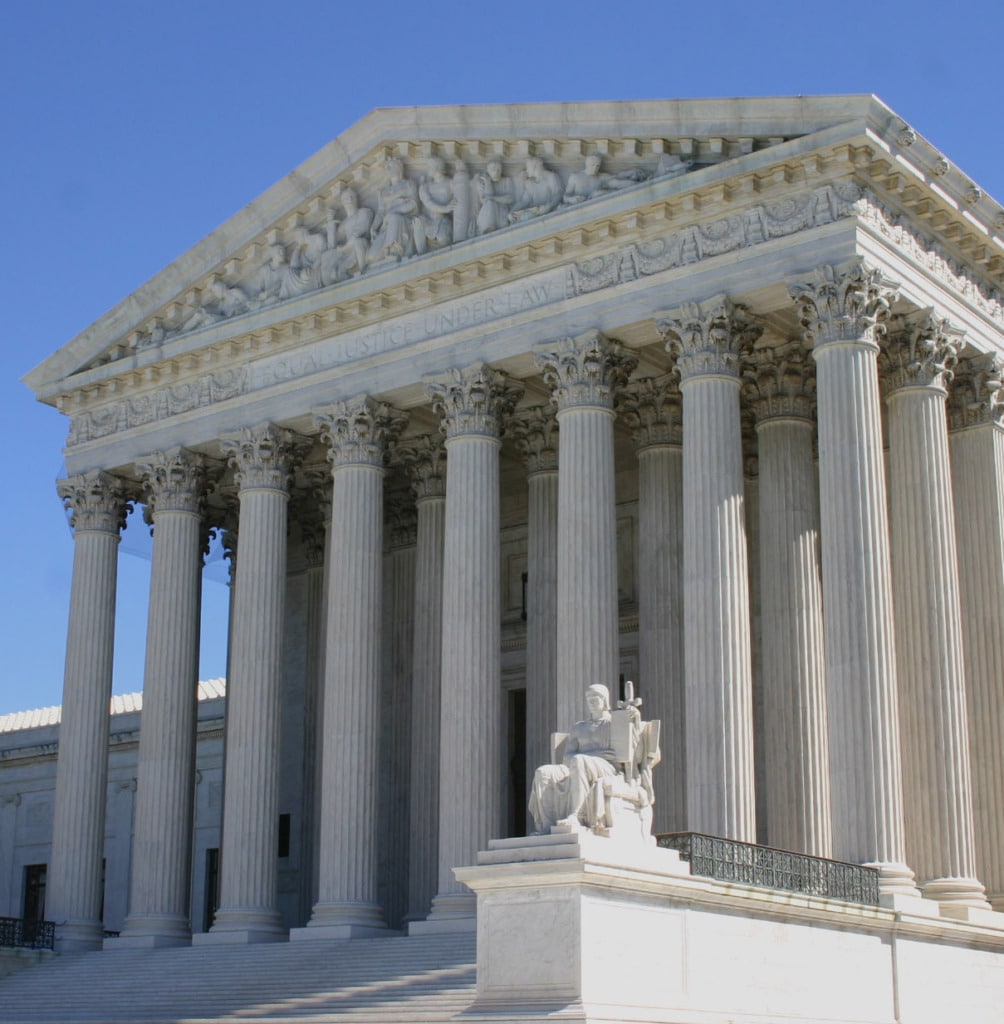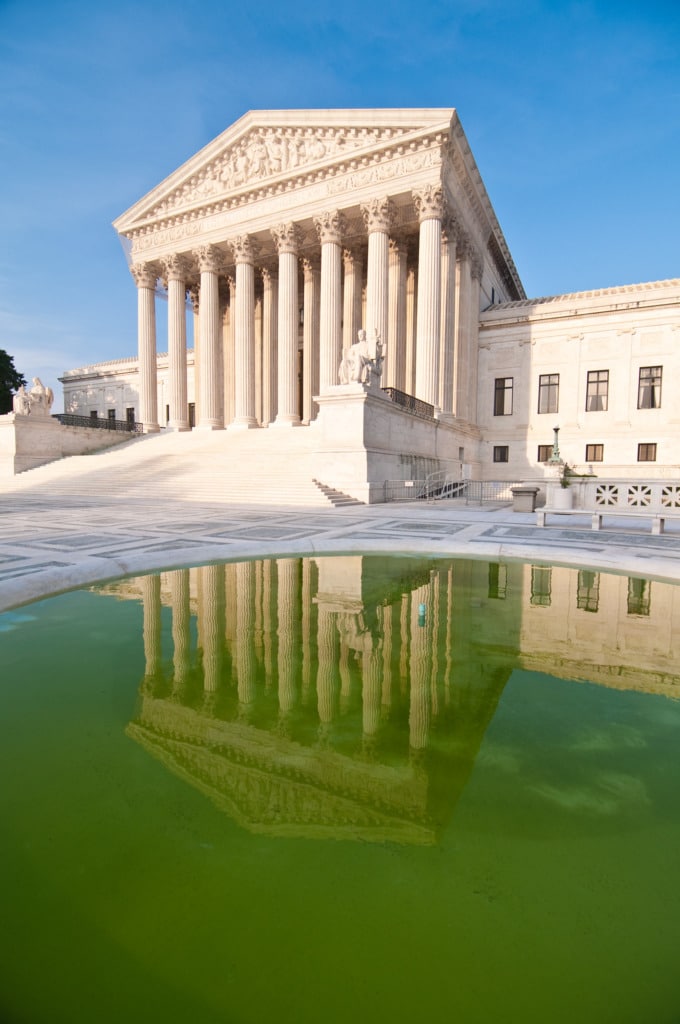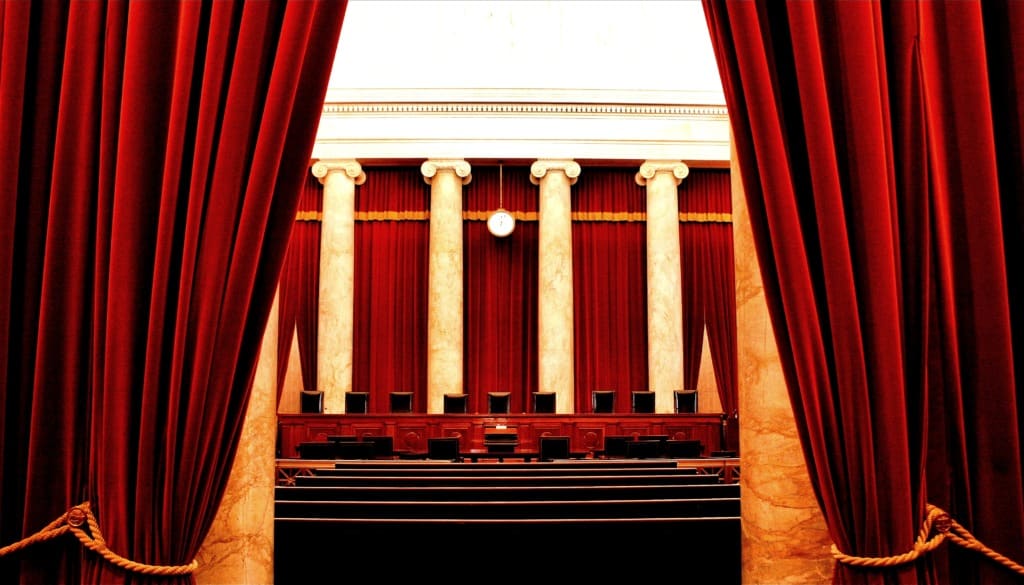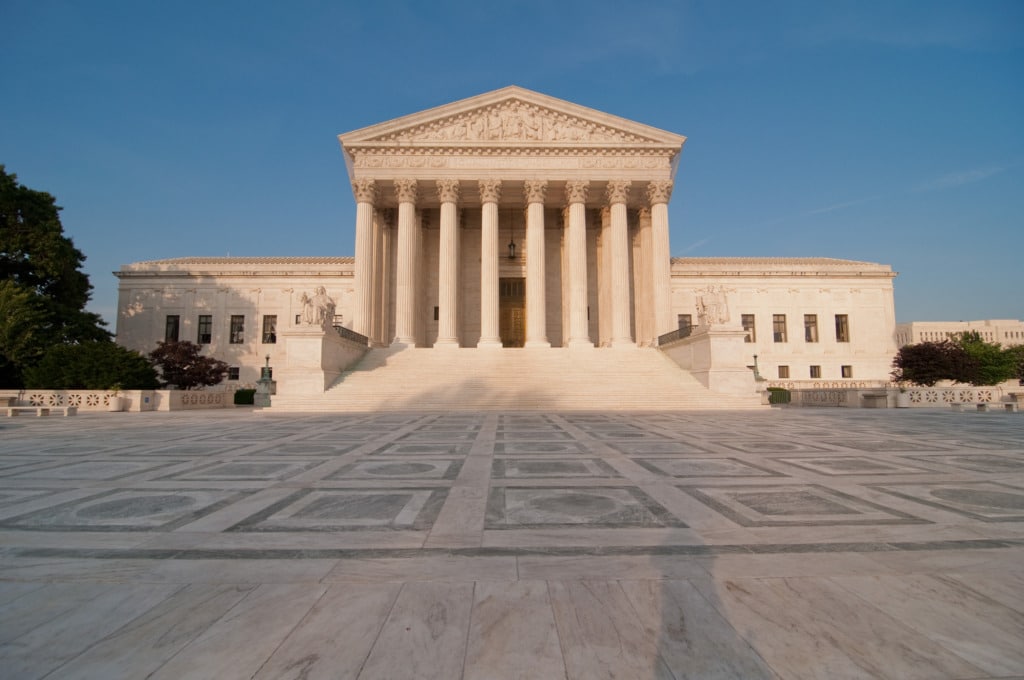Fourth Circuit Rejects Forum Non Conveniens Defense to Enforcing Arbitral Award
The New York Convention governs the recognition and enforcement of most foreign arbitral awards in the United States. Article V of the Convention sets forth limited grounds on which enforcement may be refused. But Article III makes the enforcement of foreign arbitral awards subject to “the rules of procedure of the territory where the award…
Continue ReadingNinth Circuit Creates Split on Serving Motion to Confirm Arbitration Award
How does one serve process to confirm an arbitral award on parties outside the United States? The answer turns out to be quite complicated. In Voltage Pictures LLC v. Gussi S.A. de C.V., the Ninth Circuit charted a careful path through the maze of interactions between the Federal Arbitration Act (“FAA”) and the Federal Rules…
Continue ReadingNinth Circuit Gets Tangled Up in Minimum Contacts and Due Process
Do the Fifth Amendment’s due process protections require minimum contacts? And do those protections apply to foreign states sued under the Foreign Sovereign Immunities Act (FSIA)? Those are the fundamental questions on which Ninth Circuit judges offered differing approaches as they resolved a recent petition for rehearing en banc. Regular TLB readers may recall that…
Continue ReadingRussia Continues Pressing Sovereignty Claims in the Yukos Award Saga
Yukos Oil Company (“Yukos”) shareholders’ attempts to enforce their $50 billion arbitral award against the Russian Federation are moving forward in the U.S. District Court for the District of Columbia. On November 17, 2023, Judge Beryl Howell denied Russia’s motion to dismiss the case for lack of subject matter jurisdiction under the Foreign Sovereign Immunities…
Continue ReadingSupreme Court Roundup (October Term 2022)
During its 2022 Term, which ended four weeks ago, the Supreme Court decided five cases with important implications for transnational litigation. The questions included whether the Foreign Sovereign Immunities Act (FSIA) applies to criminal proceedings; the standard for aiding and abetting under the Anti-Terrorism Act (ATA); whether states may exercise general personal jurisdiction over foreign…
Continue ReadingSupreme Court Approves Using Civil RICO to Help Enforce Arbitral Awards
Last week, the Supreme Court held in Yegiazaryan v. Smagin that civil RICO can be used to help enforce foreign arbitral awards. Specifically, the Court held that concealing assets to avoid paying a U.S. judgment that confirmed a foreign arbitral award could satisfy civil RICO’s “domestic injury” requirement, allowing the award-creditor to pursue a claim…
Continue ReadingSupreme Court Oral Argument in Extraterritorial RICO Case Marked by Confusion
The Supreme Court heard oral argument last week in Yegiazaryan v. Smagin and CMB Monaco v. Smagin, two cases testing when civil RICO can be used to help enforce a foreign arbitration award. Because I have described the facts in a previous post, I will be brief here. Smagin and Yegiazaryan are Russian citizens who…
Continue ReadingPreview of Supreme Court Argument in Civil RICO Extraterritoriality Case
On April 25, the U.S. Supreme Court will hear oral argument in Yegiazaryan v. Smagin and CMB Monaco v. Smagin, which ask how RICO’s private right of action applies to intangible property, in this case a California judgment confirming a foreign arbitral award. The cases have important implications not just for civil RICO but also for international arbitration….
Continue ReadingPaper Tiger, Hidden Dragon?: Some Thoughts on Smagin v. Yegiazaryan
This Term, the Supreme Court will hear a dispute between two wealthy Russians relating to an international arbitration award in London arising out of a failed real estate venture in Moscow. The case pits two competing tendencies of the Justices against one another: (a) their penchant for preventing such seemingly foreign litigation from proceeding in U.S….
Continue ReadingCourt Holds that Chinese Investor May Try to Enforce Arbitral Award Against Nigeria
Over the past two decades, China has invested heavily in Africa. A recent study found that between 2001 and 2018, China invested $41 billion in African countries and loaned an additional $126 billion. Some of these investments generated disputes, and some of those disputes are finding their way to U.S. courts. In a recent decision,…
Continue Reading- « Previous
- 1
- 2
- 3
- 4
- Next »









